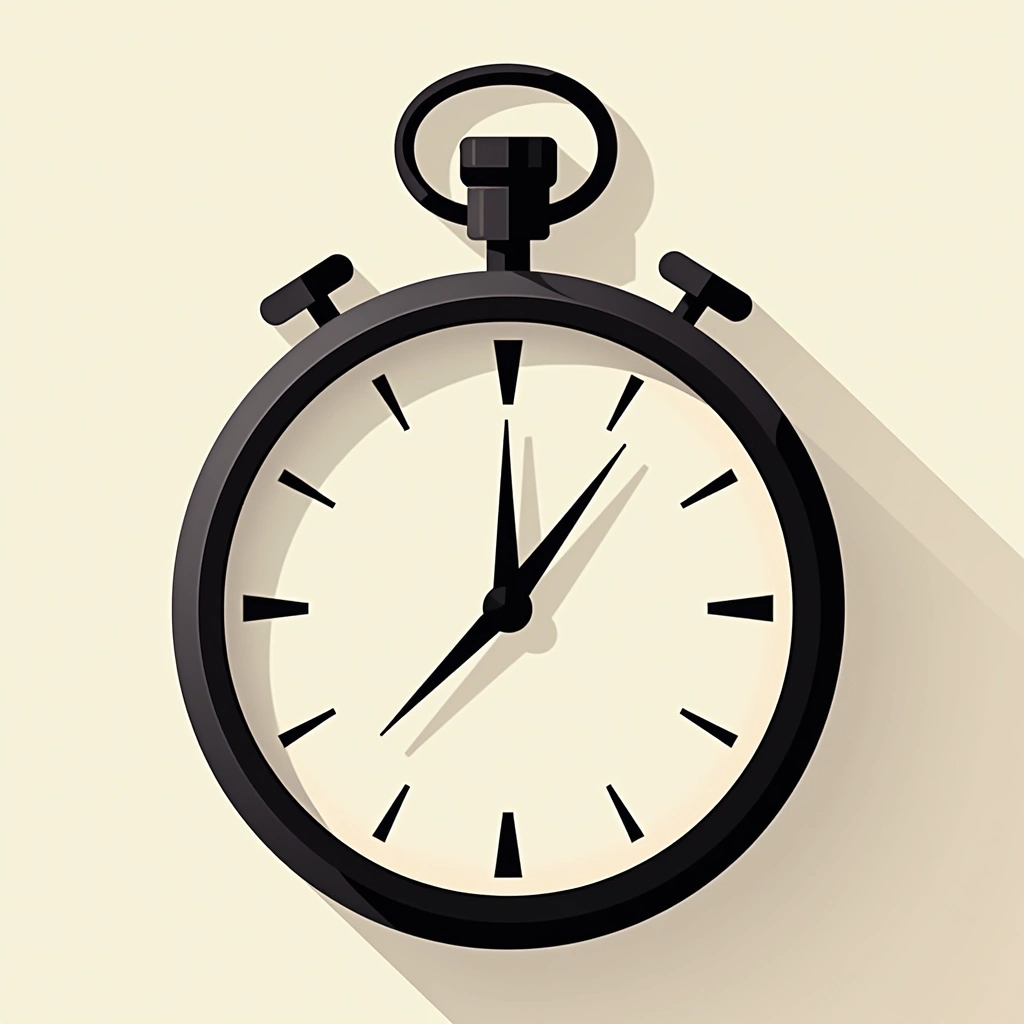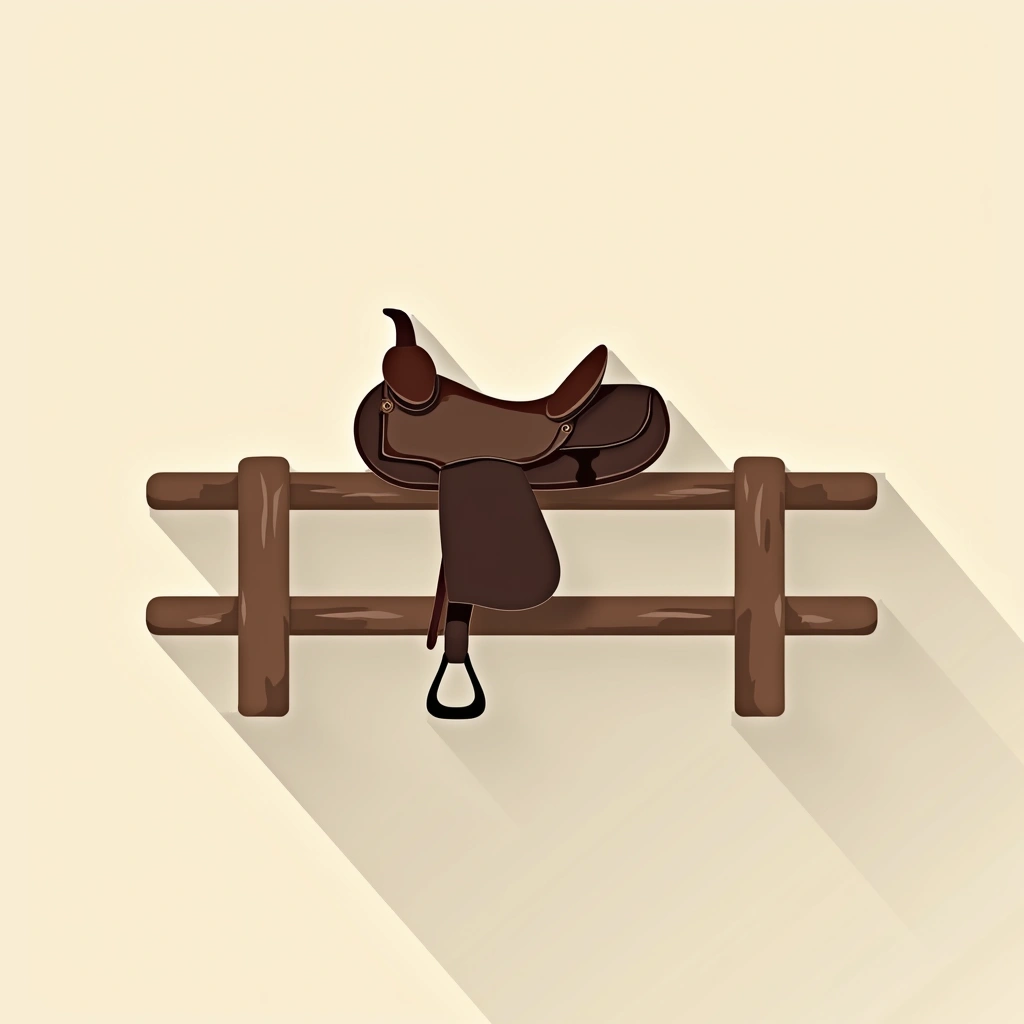George Washington Habits - Disciplined Daily Routine
George Washington's Disciplined Day
George Washington's daily routine was a masterclass in discipline and strategic productivity. From the crack of dawn to the evening hours, his habits were meticulously crafted to maximize efficiency and maintain control over his estate and political life.
These habits, far from being rigid constraints, were the foundation of his leadership and success. They reflect a deep understanding of the importance of structure, communication, and self-management in achieving significant goals.
- Early rising for focused work
- Structured schedule for household discipline
- Strategic communication for alliances
- Emphasis on physical activity and oversight
- Commitment to self-improvement and civility
Delve into the habits of a leader whose disciplined approach to daily life shaped not only his personal success but also the destiny of a nation.
Filter Habits
 George Washington's Habit Sets
George Washington's Habit Sets

Early Rising Routine
Waking at dawn to begin the day with personal grooming, reading, and correspondence. Followed by a light breakfast of cornmeal cakes and tea, prioritizing efficiency and mental clarity.
Why This Matters
George Washington believed early rising maximized productivity for estate management and leadership duties. This habit allowed him to inspect lands, address correspondence, and model discipline as a foundational virtue.

Morning Horseback Inspections
Conducting daily 2-3 hour rides to survey crops, livestock, and infrastructure. Combined physical activity with hands-on oversight of agricultural operations.
Why This Matters
Washington used these rides to maintain direct control over his 8,000-acre estate while staying physically fit. The practice reinforced his identity as a farmer-leader and enabled rapid decision-making.

Structured Meal Protocol
Enforcing strict dining schedules (7 AM breakfast, 3 PM dinner) with bell signals. Meals emphasized conversation over indulgence, often accompanied by political discussions.
Why This Matters
Washington viewed punctual meals as essential for household discipline and guest management. The rituals mirrored governmental order while allowing networking opportunities.

Evening Correspondence Hours
Reserving post-dinner hours for reading letters and drafting responses by candlelight. Maintained detailed records of all communications.
Why This Matters
Washington considered written communication vital for maintaining political alliances and business relationships. His 20,000+ letters built both personal and national credibility.

Civility Rule Implementation
Applying 110 Jesuit-derived etiquette rules like 'Show nothing to your friend that may affright him' and 'Undertake not what you cannot perform.'
Why This Matters
These rules helped Washington compensate for his lack of formal education while crafting a reputation as a self-controlled gentleman. They guided his leadership style and social navigation.

Strategic Guest Hosting
Welcoming visitors daily with mandatory breakfast/dinner attendance. Limited evening interactions to maintain personal time.
Why This Matters
Washington used hospitality to build political capital while controlling social demands. The practice balanced public expectations with private boundaries.

Pre-Dinner Grooming Ritual
Changing clothes and powdering hair before the main meal. Emphasized neat appearance regardless of daily activities.
Why This Matters
This habit reinforced Washington's image as a refined leader amidst frontier conditions. The ritual marked the transition from work to social time.

Controlled Alcohol Consumption
Drinking limited daily beer/wine with meals, avoiding overindulgence. Preferred Madeira wine for evening relaxation.
Why This Matters
Washington associated temperance with clear leadership judgment. This practice balanced social norms with self-discipline expectations.

Agricultural Experimentation
Testing crop rotations and fertilizers on designated farm plots. Documented yields in meticulous ledgers.
Why This Matters
Driven by desire to improve estate productivity and model scientific farming. The experiments informed his advocacy for national agricultural reform.

Sabbath Observance
Attending church twice monthly, abstaining from Sunday labor. Combined Anglican traditions with Deist principles.
Why This Matters
Washington valued religious observance for social cohesion more than personal salvation. The habit maintained community standing while avoiding sectarianism.
Key Takeaways for Modern Life
Washington's habits offer timeless lessons applicable to modern life, emphasizing principles of discipline, strategic focus, and self-improvement.
- Embrace Early Rising: Start your day intentionally to gain a productive advantage and dedicate time to personal growth before the demands of the day take over.
- Structure Your Day: Implement schedules and routines to enhance efficiency, manage commitments, and create a framework for consistent progress.
- Prioritize Communication: Focus on clear, deliberate, and consistent communication to build strong relationships and maintain effective networks, both personally and professionally.
- Integrate Physical Activity: Combine physical activity with daily tasks or dedicate specific time for exercise to foster holistic well-being and mental clarity.
- Cultivate Self-Discipline: Practice self-control, etiquette, and adherence to principles to enhance personal conduct and improve interactions in all areas of life.
Incorporate these principles of discipline and strategic living into your own routine and unlock your potential for greater effectiveness and achievement.
